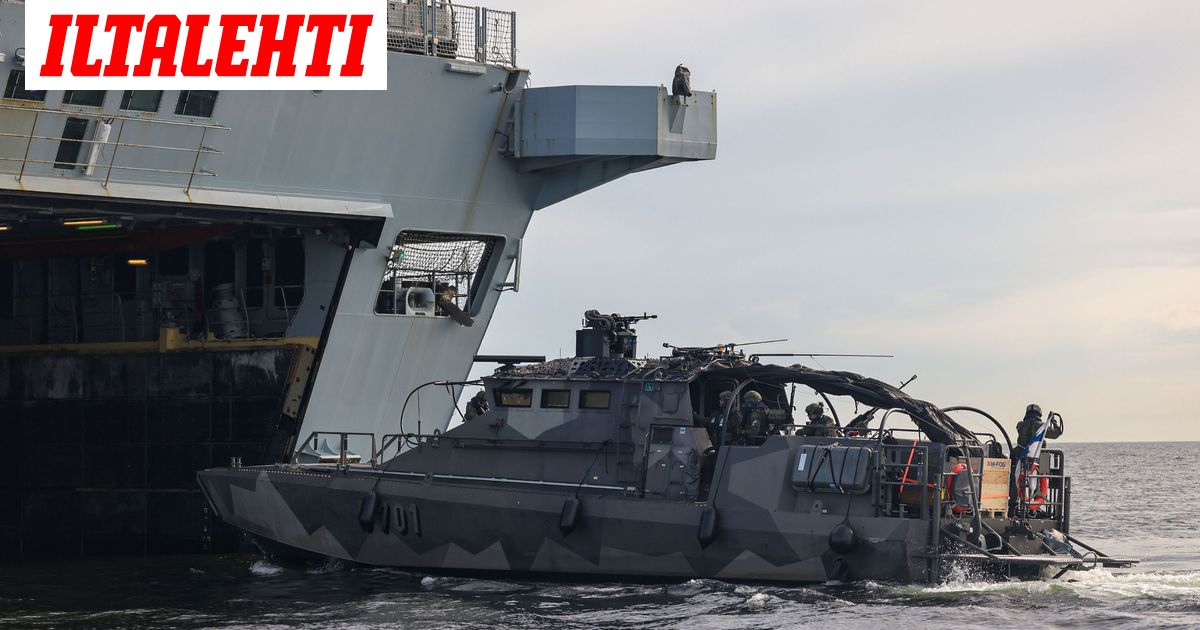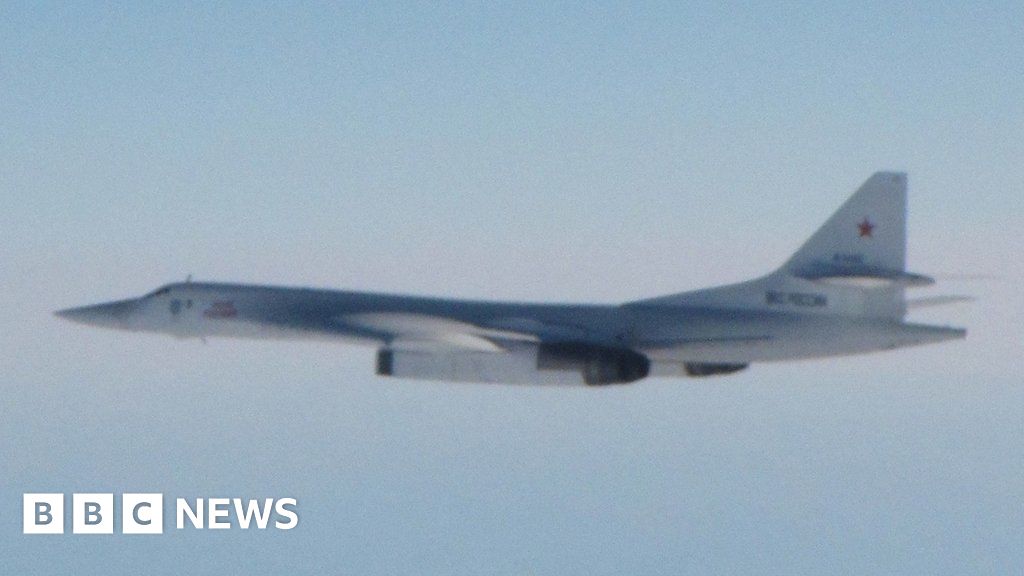Vaihteeksi Ranskan vinkkeli:
Paris has in recent years treated the United Kingdom as its priority partner for both crisis management operations, and training and exercises. The bilateral military cooperation developed swiftly after signing the Lancaster House Treaties in 2010. At the same time Berlin has concentrated on pursuing military integration with smaller partners from Benelux, and Northern and Central Europe. Strategic differences between Paris and Berlin have proved to be an obstacle for deepening bilateral military cooperation. The flagship cooperation projects like the Franco-German Brigade and the Eurocorps have been more important to Berlin - as a symbol of German-French reconciliation and maintaining peace in Europe. For Paris the value of these symbolic projects, which have not been used fully operationally, has been of diminishing importance. Therefore in 2013 France decided to dissolve the 110th Infantry Regiment based in Germany as a part of the Franco-German Brigade. In 2016 the French and German parts of the Brigade were subordinated to the French and German national division headquarters.
- samaan aikaan Anglo-French interventiokokoonpano julistettiin toimintakelpoiseksi: maakomponentti 13 000 ja muuta sitten tarpeen mukaan
Africa and the Middle East have always been strategically important for France and from the French perspective require French (and European) military interventions in case of crises or conflicts.
In turn Germany, after the Russian annexation of Crimea, has embraced the need to slowly return to the national defence model of the armed forces. In NATO, Germany declared it was willing to adjust the Bundeswehr to the NATO defence planning process (with the defence of NATO’s eastern flank in focus). The gradual readjustment of the German armed forces to the new realities on the eastern flank is to be sealed in the new concept of the Bundeswehr to be published soon.
- suuntautuminen on niin erilaiselta nakemyspohjalta, etta yhteistyo on selkeasti keskittymassa aseteollisuuden projekteihin: uusi tankki oli jo tekeilla ennenkuin Brexit tuli kuvioihin, seur. sukupolven havittajasta paatettiin sen jalkeen pikatahtiin jne
Sitten on viela aiemman jarjestyksen mukaisia projekteja. Esim. tehdaanko miehittamaton taistelukone laajalla pohjalla (Saab, Leonardo, CASA) ja kariutuuko Ranska/ UK 2 vuoden projekti, joka oli maara-aikaiseksi tehtykin, eli tehdaan yhdessa, mutta ennemminkin paatoks(i)en pohjaksi. De facto nain on kaynyt ennenkin, mutta enemman vahingossa
- Eurofighter/ Rafale
- laivastojen horisontti-projekti havittajan ja erityisesti sen tutkan osalta (nyt kun niista suuri osa on jo rakennettu, niin vaihteeksi on 5 fregattiprojektia Euroopassa samanaikaisesti meneillaan)
- MBT-70 (USAkin mukana, ja monta hyvaa tankkia sikisi silta pohjalta)
Paris has in recent years treated the United Kingdom as its priority partner for both crisis management operations, and training and exercises. The bilateral military cooperation developed swiftly after signing the Lancaster House Treaties in 2010. At the same time Berlin has concentrated on pursuing military integration with smaller partners from Benelux, and Northern and Central Europe. Strategic differences between Paris and Berlin have proved to be an obstacle for deepening bilateral military cooperation. The flagship cooperation projects like the Franco-German Brigade and the Eurocorps have been more important to Berlin - as a symbol of German-French reconciliation and maintaining peace in Europe. For Paris the value of these symbolic projects, which have not been used fully operationally, has been of diminishing importance. Therefore in 2013 France decided to dissolve the 110th Infantry Regiment based in Germany as a part of the Franco-German Brigade. In 2016 the French and German parts of the Brigade were subordinated to the French and German national division headquarters.
- samaan aikaan Anglo-French interventiokokoonpano julistettiin toimintakelpoiseksi: maakomponentti 13 000 ja muuta sitten tarpeen mukaan
Africa and the Middle East have always been strategically important for France and from the French perspective require French (and European) military interventions in case of crises or conflicts.
In turn Germany, after the Russian annexation of Crimea, has embraced the need to slowly return to the national defence model of the armed forces. In NATO, Germany declared it was willing to adjust the Bundeswehr to the NATO defence planning process (with the defence of NATO’s eastern flank in focus). The gradual readjustment of the German armed forces to the new realities on the eastern flank is to be sealed in the new concept of the Bundeswehr to be published soon.
- suuntautuminen on niin erilaiselta nakemyspohjalta, etta yhteistyo on selkeasti keskittymassa aseteollisuuden projekteihin: uusi tankki oli jo tekeilla ennenkuin Brexit tuli kuvioihin, seur. sukupolven havittajasta paatettiin sen jalkeen pikatahtiin jne
Sitten on viela aiemman jarjestyksen mukaisia projekteja. Esim. tehdaanko miehittamaton taistelukone laajalla pohjalla (Saab, Leonardo, CASA) ja kariutuuko Ranska/ UK 2 vuoden projekti, joka oli maara-aikaiseksi tehtykin, eli tehdaan yhdessa, mutta ennemminkin paatoks(i)en pohjaksi. De facto nain on kaynyt ennenkin, mutta enemman vahingossa
- Eurofighter/ Rafale
- laivastojen horisontti-projekti havittajan ja erityisesti sen tutkan osalta (nyt kun niista suuri osa on jo rakennettu, niin vaihteeksi on 5 fregattiprojektia Euroopassa samanaikaisesti meneillaan)
- MBT-70 (USAkin mukana, ja monta hyvaa tankkia sikisi silta pohjalta)


 Ette halua varmaan lukea arviotani, mutta kirjoitan sen silti. Luulo-oletan, että Usa painaa EUn kanssaan rintamaan vs. Kiina. Ja jotta tämä toteutuu, Usa jättää EUn joksikin aikaa Iivanan kanssa kahelleen. EUlla vaihtoehtoja on vähän johtuen siitä kyvyttömyyshaluttomuudesta, jota se on osoittanut sotilaallisissa kysymyksissä.
Ette halua varmaan lukea arviotani, mutta kirjoitan sen silti. Luulo-oletan, että Usa painaa EUn kanssaan rintamaan vs. Kiina. Ja jotta tämä toteutuu, Usa jättää EUn joksikin aikaa Iivanan kanssa kahelleen. EUlla vaihtoehtoja on vähän johtuen siitä kyvyttömyyshaluttomuudesta, jota se on osoittanut sotilaallisissa kysymyksissä.
